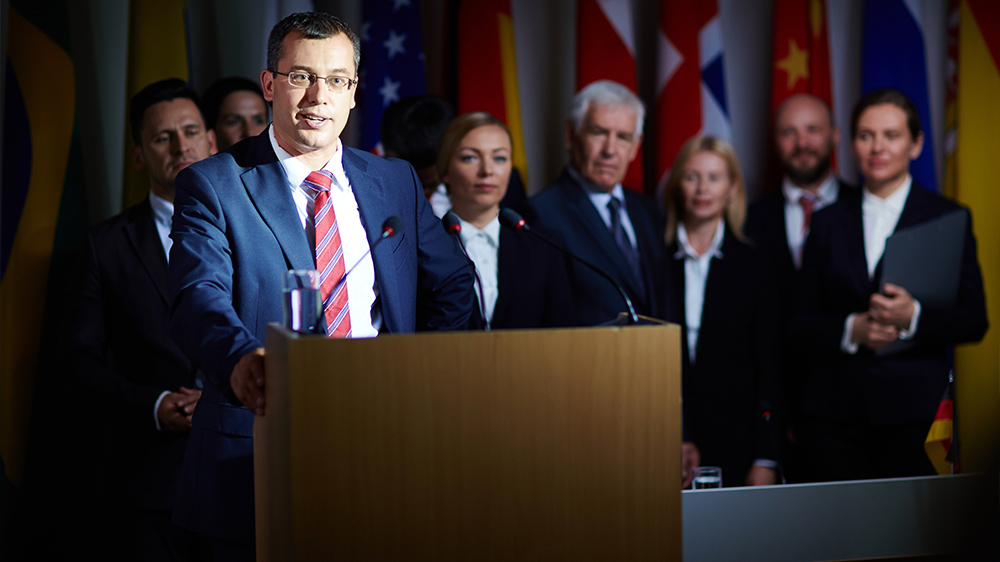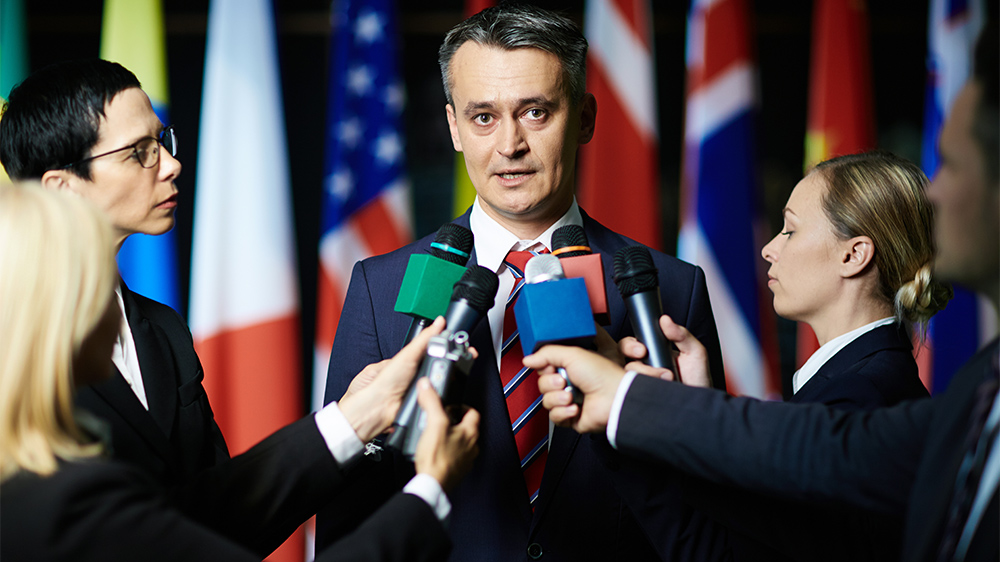Both politics and economics can be viewed as branches of the social sciences because of their focus on human interaction and the decision-making process. Politics includes the study and use of governmental, electoral, and political party institutions and procedures for swaying public opinion. Economics is the study and manipulation of economic phenomena like production, consumption, trade, and distribution. Now let’s look at some connections between them.
What is political economy and why does it matter?
Using concepts and methods from economics, politics, and sociology, political economy examines the interplay between markets and governments. The study of political economy is vital because it sheds light on the practical operation and consequences of alternative economic models like capitalism, socialism, and communism. We can also use the tools provided by political economics to examine how the interests and power of various social groups impact public policies like taxation, trade, and regulations. Poverty, inequality, corruption, violence, and environmental degradation are just some of the social and economic issues that can be illuminated by studying political economics. The study of political economy also allows us to assess the viability and efficiency of potential solutions to these issues.

Political speech
How do politics and economics influence each other?
Politics and economics are two branches of study that are intertwined and mutually influential. Some ways in which economics and politics interact are:
- Tariffs, taxes, regulations, and subsidies all affect the economy and can be directly influenced by political actions. Prices, output, consumption, trade, and even people’s well-being can all be impacted by government policy.
- Voting patterns, public opinion, policy preferences, and governmental stability are all examples of political decisions that can be affected by economic realities. In times of economic prosperity, voters may urge their government to reduce taxes and boost expenditure on public services, while in times of economic downturn, they may urge their government to do the opposite.
- A country’s economic prospects and prospects for democracy, rule of law, corruption, human rights, and civil liberties can be influenced by its political structures and processes. When it comes to economic decision-making, for instance, a democratic system may encourage greater accountability, openness, and citizen engagement, while an authoritarian one may permit greater centralized control and efficiency.
What are some examples of political economy in action?
These examples illustrate some of the complex relationships between politics and economics.
- The effects of various economic systems on the creation, exchange, and utilization of products and services in a society. In contrast to socialism’s emphasis on public ownership, central planning, and benefit for everyone, capitalism prioritizes private property rights, free markets, and profit over all else.
- Another example is the role of workers’, consumers’, corporations’, and politicians’ interests in shaping public policies like taxation, trade, and regulations. For instance, to safeguard domestic steel manufacturers, governments may impose tariffs on imported steel.
- Democracy, authoritarianism, corruption, and human rights are all examples of political institutions and systems that have an impact on a country’s economic outcomes and prospects. Comparatively, economic decision-making may be more accountable, transparent, and inclusive under a democratic system, or more centralized, controlled, and efficient under an authoritarian system.

Political interview
How Entrepreneurship Shapes and Is Shaped by Political Economy
As agents of change, entrepreneurs develop and introduce novel goods, services, and markets, but they do so in a social and political context that can either foster or stifle their efforts. There are several ways in which politics and economics can have an impact on business.
- Creating or stifling an environment conducive to business creation and expansion using available resources, incentives, and opportunities. Political decisions on issues like as taxation, trade, laws, subsidies, and infrastructure can have a major impact on the costs and rewards of entrepreneurship.
- Entrepreneurial risk-taking, innovation, competitiveness, cooperation, and social responsibility are all factors that can be influenced by political beliefs and movements.
- Making or fixing the economic and societal issues that business owners can use their ideas to improve or take advantage of. For instance, political disputes and crises can both increase the need for and complexity of problems that can be solved by entrepreneurs.
There are several ways in which entrepreneurship can affect the political economy.
- Having a positive effect on a country’s or region’s economic growth, development, and diversification. Entrepreneurship, for instance, can boost a society’s productivity, competitiveness, and wealth by generating new employment opportunities, sectors, markets, and inventions.
- opposing or supporting the political structures and mechanisms already in place in a given country or area. Entrepreneurship, for instance, can either promote democratic values like accountability, openness, and citizen participation in political decision-making, or it can bolster authoritarian values like corruption, inequality, and exclusion.
- Affecting on, or relieving the effects of, a country’s or region’s social and environmental conditions. Positive social value can be generated by entrepreneurs who work to alleviate issues related to poverty, health, education, and the environment; negative social costs can be generated when entrepreneurs take advantage of societal vulnerabilities by, for instance, violating the rights of workers or causing environmental damage.

Political on debate
What are some of the challenges and opportunities of political economy?
As the world grows more linked, complicated, and diversified, the political economy will face both new and familiar difficulties and opportunities. The opportunities and threats include the following:
- Finding a happy medium between expanding the economy, improving social justice, and protecting the planet. Poverty, inequality, climate change, and dwindling resources are among the problems that political economics must solve, all while encouraging creativity, efficiency, and competition.
- Strategies for adapting to the realities of modern technological developments. The study and practice of political economy are essential for identifying and responding to the structural, functional, and institutional changes wrought by these trends.
- How to improve and fortify international and regional institutions and collaboration.
- The difficulties of multilateralism, regionalism, and nationalism in the international economic system.
- How to develop more inclusive and participatory forms of democracy and citizenship.
- How to improve the legitimacy, effectiveness, and accountability of the international institutions and agreements that shape the rules and norms of the global economy.


